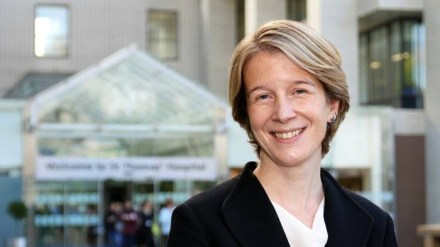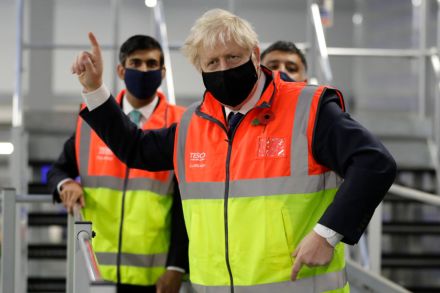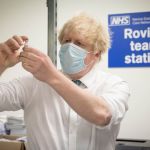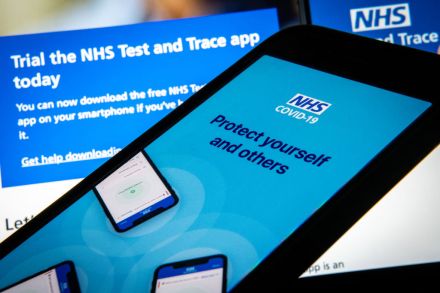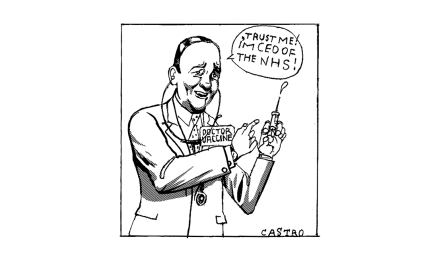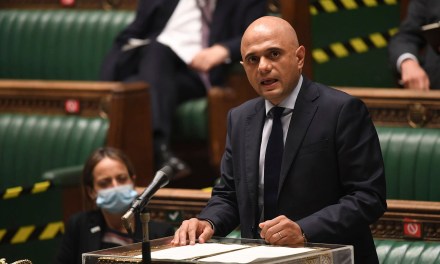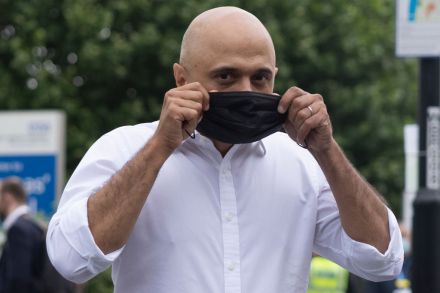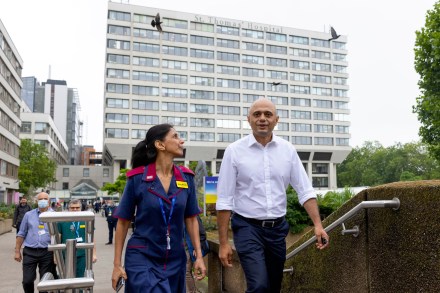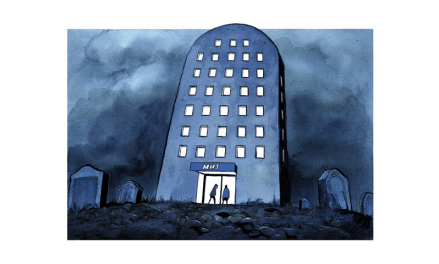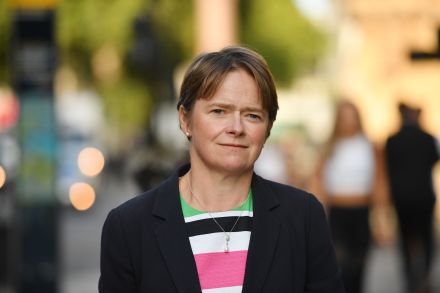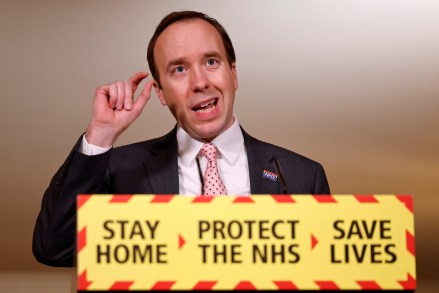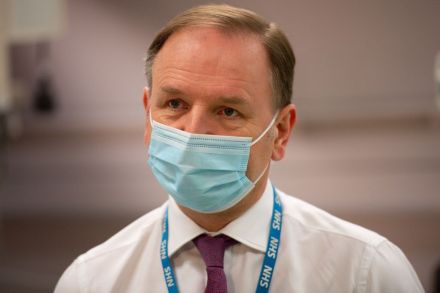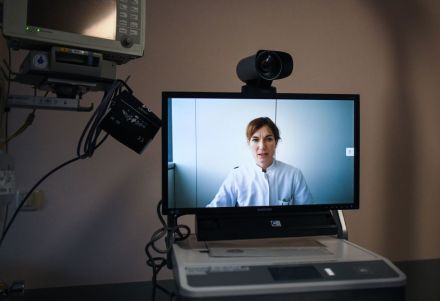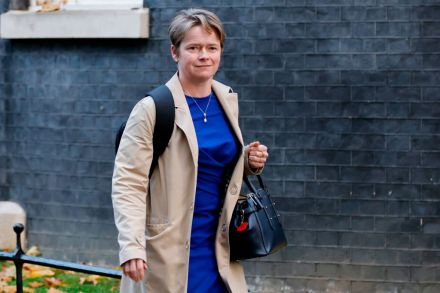What Amanda Pritchard’s appointment means for the NHS
‘Deputy succeeds boss’ might not normally feel like a ‘hold the front page’ type headline. But the announcement that Amanda Pritchard is the new head of NHS England – replacing Simon Stevens – reveals a lot about the state of the NHS and the future direction of the health service. Firstly, the process. Despite concerns that the race to succeed Stevens would be politicised, Pritchard’s appointment (which I revealed on Thursday, thanks to a spot of digital and logistical sleuthing) is understood to have been wholly free of political nudging. Some of the credit for this goes to Number 10 health advisors and some to Lord David Prior, NHS England’s chair
